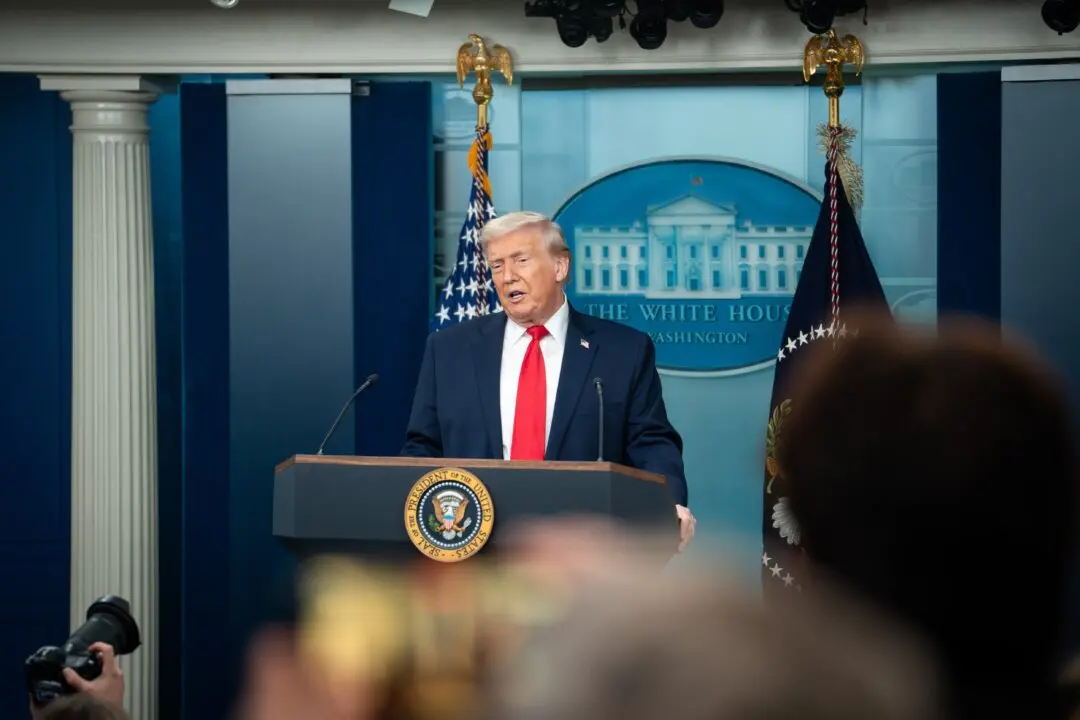News Analysis
As the Biden administration reels from a string of recent legal defeats, political analysts are hailing the U.S. Supreme Court’s latest ruling, West Virginia v. EPA, as but one component of a new, broad-based approach that the courts are taking to halt a century-long effort by progressives to empower the administrative state and rule Americans by bureaucratic decree.





